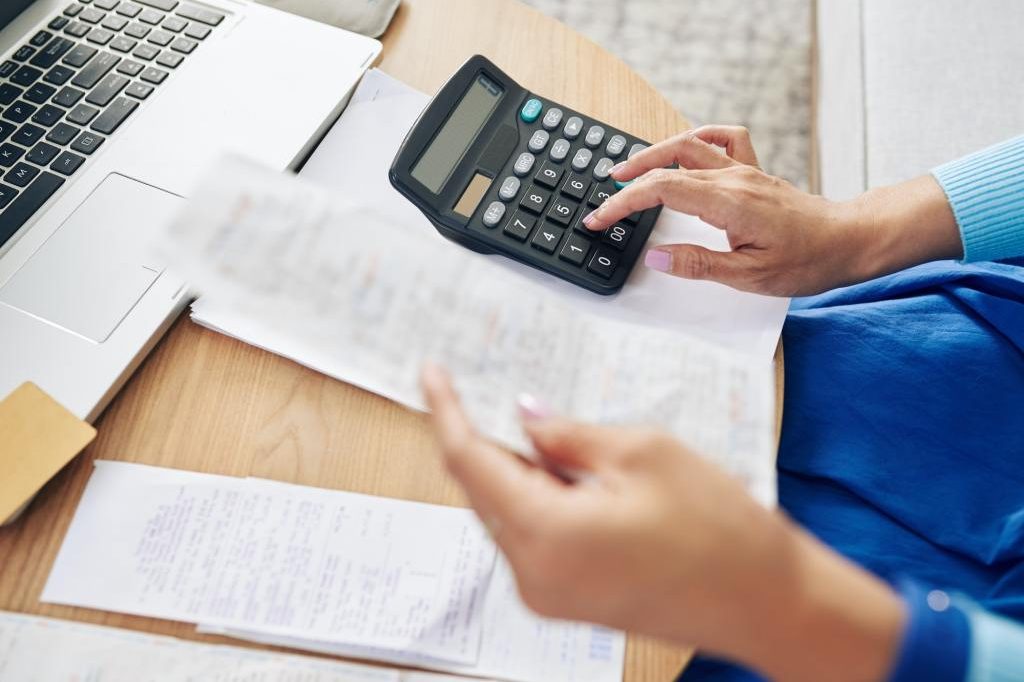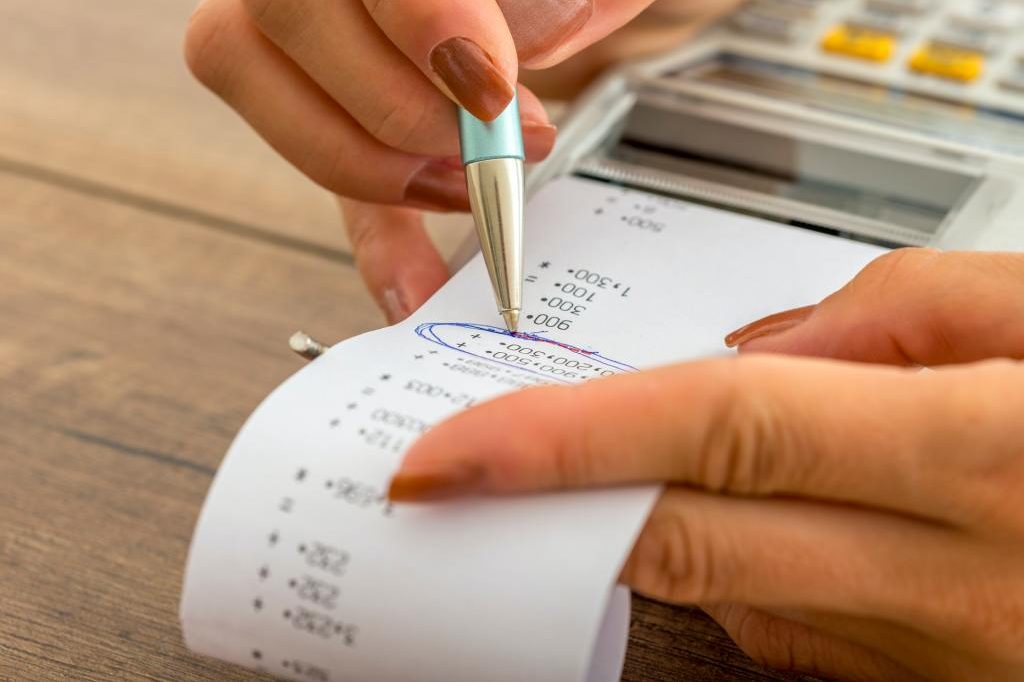If you’re interested in becoming a CPA, you’ve come to the right place. This article will cover the Work Experience and Education requirements, how to get your CPA license, and how to study for the CPA exam. You’ll also find useful tips on how to succeed on the test.
Work experience requirements
Work experience requirements to become a CPA vary greatly by state. Some states require a year or more of public accounting experience, while others require no experience at all. Some states even allow for academic work or part-time employment. For example, in Nevada, you must have two years of public accounting experience to be considered a full-fledged CPA. Other states allow up to one year of accounting work experience under the supervision of a CPA.
Most states require that you have at least two years of professional experience. These work experiences must be in positions that require a CPA license. In New York, for example, applicants must have at least one year of work experience under a licensed CPA. This experience can be full-time or part-time and may be in a variety of industries, including government and industry.
While many states require supervised work experience, some states allow you to apply without a supervisor. These states will also allow you to apply if you have substantial accounting experience in another country. Alternatively, you may be able to get an exemption by finding a state board of accountancy that makes allowances for your lack of experience.
In addition to a bachelor’s degree in accounting, most states require at least 150 college credits. Many CPAs have master’s degrees or additional educational qualifications. Many accounting programs even offer coursework paths to help you obtain additional hours. Some states also allow individuals to become a CPA without a master’s degree.
Some states also require additional work experience before you can apply to be a CPA. The exact requirements for this vary by state, so it’s important to check with the state boards before applying. Some states also require you to be a citizen or resident of the United States to qualify.
In most states, a CPA requires at least two years of public accounting experience. However, in some states, work experience is only required if you have completed at least one internship under a CPA. If you have an internship, be sure to ask the person who supervises you to sign the work experience verification form.

Education requirements
To become a CPA in The United States, you must have a bachelor’s degree or at least 120 credit hours of college-level coursework in accounting. You may also need several hours of business courses to meet your state’s requirements. You can also take a state-specific ethics exam if you don’t have a degree in accounting.
Education requirements to become a CPA in the United States vary from state to state. While some states require that you have completed an undergraduate degree in accounting, others require you to have taken the CPA exam and complete experience requirements. Depending on the state’s rules, you may be able to transfer your credits to another state without any problems.
There are some states that require two years of professional experience before you can sit for the CPA exam. Your state’s Board of Accountancy will determine what experience is acceptable. In many states, that means working for an accounting firm. Depending on your location, this experience may be in government, public accounting, or industry.
The exam consists of four parts, each worth 100 hours. The exam is taken every two years, and candidates have up to 18 months to pass all four sections. The exam is a four-part test, and the majority of states give candidates up to 18 months to pass the exam.
To become a CPA in The United States, you must have a Bachelor’s degree in accounting or finance or a related field. Certain states will allow candidates with a related degree to take the exam as long as they have completed a certain number of core credit hours in accounting, auditing, and taxation. Some states also require you to complete several business courses.
In addition to a degree, you must complete supervised experience before sitting for the CPA exam. You should also have at least 150 hours of college experience, including undergraduate and graduate education. Some of the programs offer online CPA degree programs. Some are even combined masters programs.
Obtaining a CPA license
There are several steps to obtaining a CPA license in the United States. You must complete a specific number of hours of coursework in accounting and business, and then you must pass the CPA Exam to be certified. In addition, you must submit a state-specific application and wait for your certificate to arrive in the mail. This is a lengthy process, but it will help you gain the respect of your peers and open up many opportunities.
The process of obtaining a CPA license in The United States begins with completing the Experience Verification Form. This document will verify that an applicant has at least two years of work experience in the profession. These hours must be in positions where the applicant has used his or her accounting, financial, and tax skills. This experience must be substantial and include a minimum of 2,080 hours. In addition, applicants must have full-time employment for at least one year. Self-employment does not count as experience.
For example, South Carolina requires students to earn at least 150 semester hours of education. The required courses must be in accounting or business, as stated by the state board. Students can enhance their undergraduate degree by earning a Master’s degree or MBA with a concentration in accounting. They can also learn about programs that offer specific tax and accounting credits. Some states allow you to earn a CPA license without any work experience – you don’t have to be an accounting major to obtain it. However, some states have stricter educational requirements.
If you don’t have the required experience, you can also apply for a restricted CPA license. Those who lack work experience must find creative ways to fulfill this requirement. Some states offer work experience waivers if you have substantial accounting skills. In such cases, a supervisor can verify these skills. Lastly, self-employment does not count as work experience.
Passing the CPA Exam requires intensive study. You need a minimum score of 75 to pass. In addition, the exam requires 100 to 180 hours of study for each section. For this reason, many aspirants opt for exam prep courses. Additionally, you must pass a fingerprint-based criminal history check. This check includes records from both federal and state levels.
Studying for the CPA exam
Studying for the CPA exam is important if you want to become a certified public accountant. You should plan to spend around 10-12 weeks preparing for the exam. Make sure you create a schedule that is realistic and flexible for your lifestyle. Also, remember that it is better to study in small chunks rather than in one long marathon session.
The first step is to choose your test date. This will allow you to plan your study schedule effectively. Once you’ve chosen the test date, you should work backwards to determine how much time you will need to complete each part. This way, you’ll have a solid deadline to work toward. In addition, you can account for administrative processes and jurisdiction requirements.
It is also important to get plenty of rest. You won’t be able to pass the exam if your brain is not functioning properly. Avoid sleeping less than six hours a day and don’t cut corners on sleep. Remember, the CPA exam can be difficult, so you should not put it off for too long.
Using a comprehensive study plan is another crucial step in preparing for the CPA exam. This will help you prepare for the various sections of the exam. It is recommended that you allocate at least 100 hours for each section of the exam. You may want to use a self-paced study course to make sure you’re getting enough practice for the CPA exam.
Another great way to study is to join a CPA study group. This is an easy way to meet other people and share tips and study tips. Studying in a group will also help you clarify difficult concepts. If you’re comfortable working in groups, it’s easy to find a group in your area to discuss CPA study tips.
Once you’ve chosen the sections that you’re interested in preparing for, you need to develop a study schedule that fits into your schedule. Each section requires different levels of preparation, and you’ll need to tailor your study schedule accordingly. You’ll need to consider your vacations, work commitments, and personal events while planning your study schedule.



